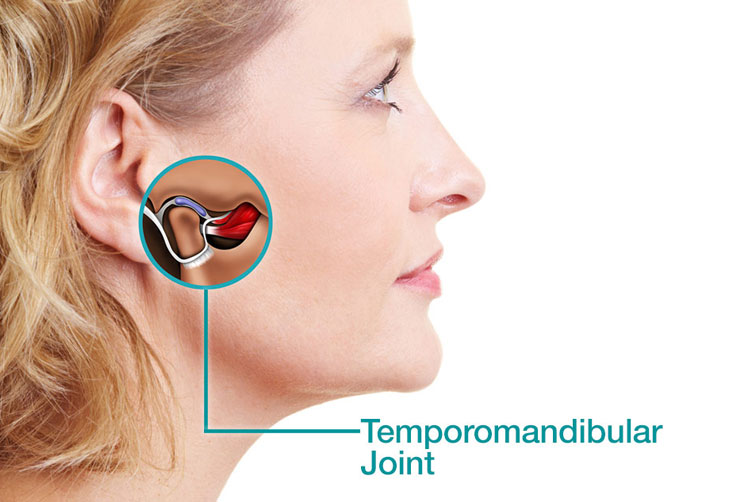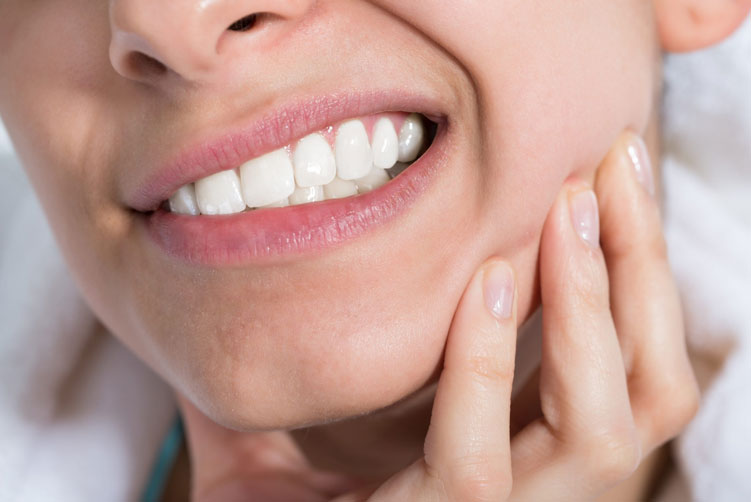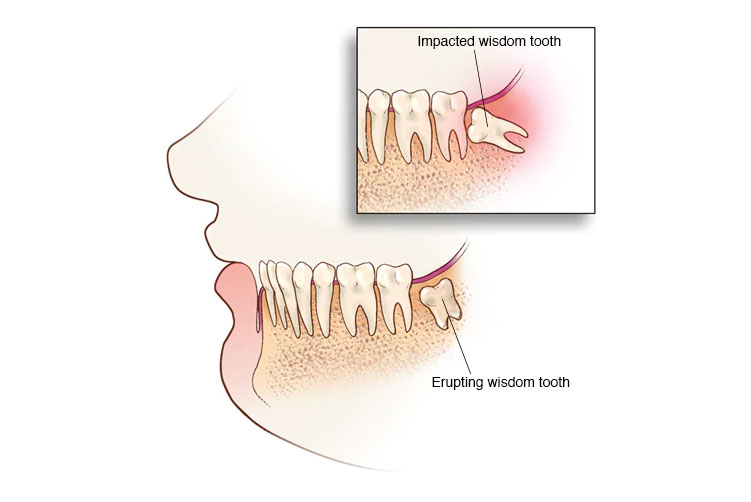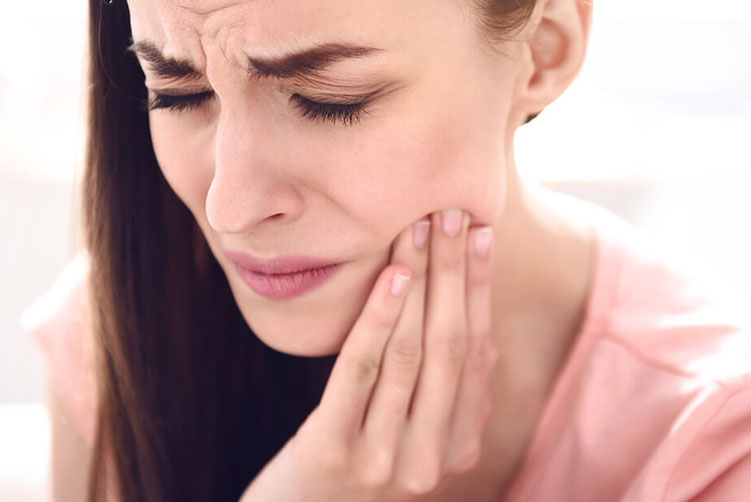Jaw Pain
So many people experience jaw pain, for a number of reasons. Often, patients are curious about the cause of the pain may be and that’s when they turn to experts who have enough information on various types of oral pain. When experiencing pain, patients turn to experts who go through extensive training in orthodontic continuing education, which assures them of their experience and how well they can treat various conditions.
Some people complain or soreness, tightness, clicking in their jaws or popping when they eat or speak, but they are not sure of what brings up the pain. Usually, the Jaw Joint or the Temporomandibular joint (TMJ) is the joint in the mouth responsible for the movement of the jaw. If something goes wrong with this joint, it leads to other problems that interrupt daily lifestyle significantly.
Most people describe jaw pain as uncomfortable pain; throbbing and it could occur suddenly or start as a mild one and become intense overtime. However, the precise symptoms are not clear and they vary depending on the root cause of the problem. When trying to identify the underlying cause of the pain, it is advisable you know some of the causes to determine which one actually is affecting you.
1) Temporomandibular Disorder:
This disorder also goes by the term TMD and it affects the temporomandibular joint in the jaw. A notable feature of this disorder is the pain that tags along with it, and it causes the jaw to make a clicking sound when chewing or opening the mouth. However, in severe cases, the jaw may remain stuck permanently in closed or open position.

The temporomandibular joint acts as a hinge in the jaw, which connects the jaw to the skull. Like most parts of your body, the National Institute of Dental and Craniofacial Research (NIDCR) reports that the joint could act up. Even though there’s a good variety of a TMJ disorder, they all share jaw pain, which is the most common part of the symptom.
When you visit a specialist, who goes through Gerety Orthodontic Seminars to freshen up their knowledge on various orthodontic cases, they will probably perform a complete physical examination of the problem along with some tests to see what is happening and whether the pain would fade away or not. Sometimes, your doctor could recommend that you take some anti-inflammatory medicines like ibuprofen and applying ice packs to reduce the inflammation, avoid opening your mouth too wide, eating soft foods, and try to reduce stress or use jaw exercises as they suggest.
2) Teeth Grinding:

Another popular problem that most people are not aware of (because it happens during sleep) is teeth grinding, which moves your jaw, and tightly clenches it. Sometimes, the causes could also include anxiety, stress, and some specific diseases or side effects of different medications. If you suspect this condition, you should try to sleep with a mouth guard, which helps this condition specifically.
3) Malocclusion or Bad Bite:
When you have misaligned teeth, the jaw forcefully moves in unnatural ways, especially when you chew and speak. Over time, this may cause some wear and tear to the joint of the jaw, which results in pain. Another common way to fix this problem is with orthodontic treatment.
4) Impacted Wisdom Teeth:

In typical situations, the wisdom teeth erupt between the ages of 17 and 25, causing trouble in the jaw, especially impacted. The wisdom teeth may encounter infections and it will bring on extreme pain and swelling.
5) Untreated Cavities:
If you experience a cavity in one tooth, this doesn’t mean the pain may remain in that particular area. However, if the pain goes a long way without you consulting a dentist with certificates in continuing education to fill it, it could develop into an infection and spread, which would cause pain in the jaw and teeth.
6) Dental Conditions:
Sometimes, other jaw pain problems could include abscess, gum disease, or cavities. Even though these issues may not affect the jar directly, the pain could radiate into the area of the jaw. In addition, individuals who have gaps between their teeth, severely damaged ones also experience jaw pain when they put stress on their jaw such as chewing or biting. When you practice good oral health care routine in your home and regularly visit your dentist, this will help to reduce the risks of you developing these conditions.
If you are ignoring your oral health and hygiene, then it’s time that you take this matter seriously, especially because it can lead to other illnesses that are no joke. You can accomplish this by simple oral health tips
If you are having dental problems, fix an appointment with your dentist today. Feel free to ask them all your questions and take your time to evaluate the treatment options they give you. Make sure that you consult your healthcare specialist properly.





Leave a Reply